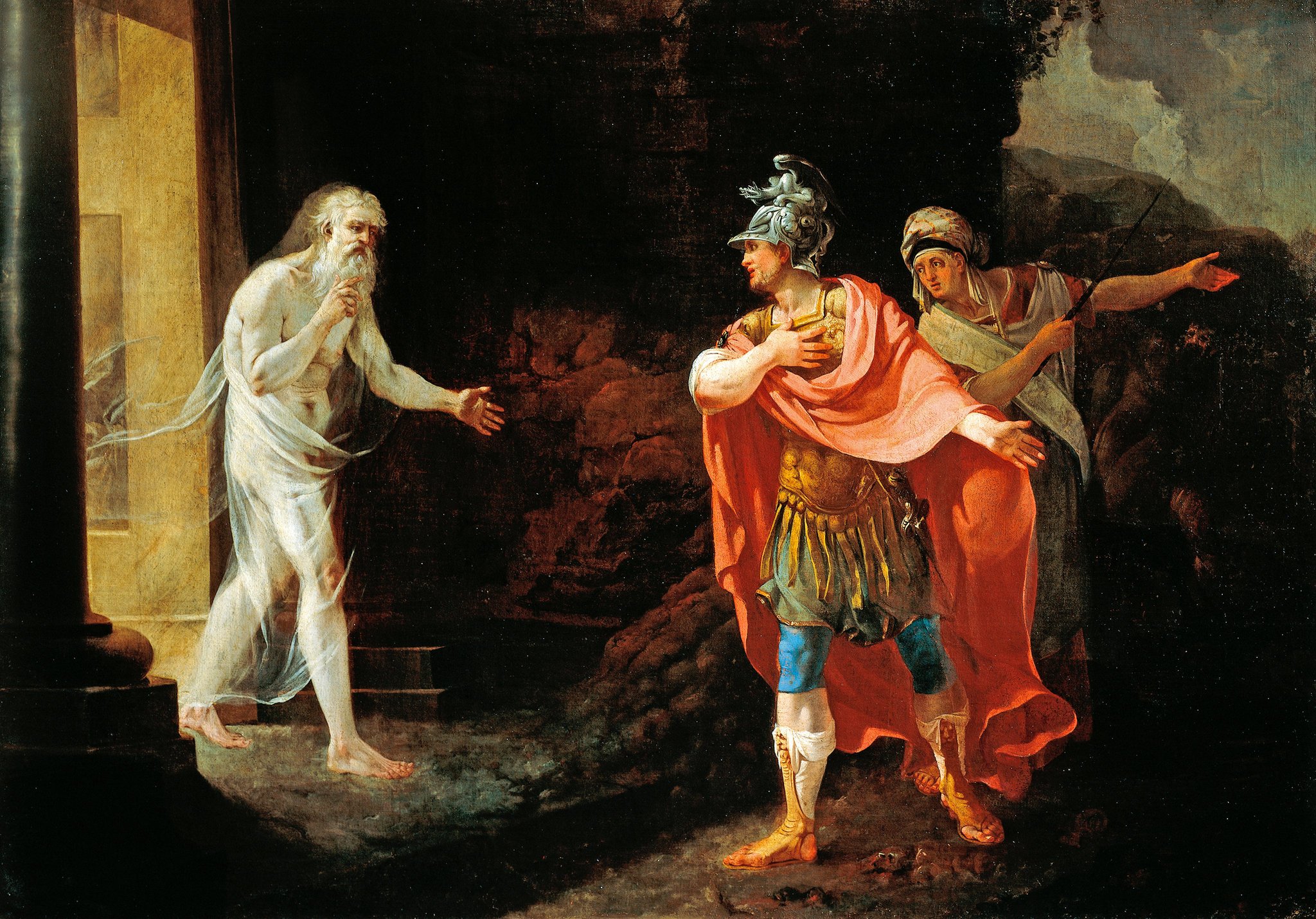The Gates of Horn & Ivory

University of Pennsylvania, 2021
While there are numerous instances where Vergil draws on Homer during Aeneas’ journey to the underworld in Book 6 of The Aeneid, the most curious deviation is the nature of his departure back into the world of the living through the gates of ivory. Vergil borrows the image of the gates of sleep from Penelope’s dream in The Odyssey, where she recounts to Odysseus ‘There are two gates of dreams; one pair is made of horn and one of ivory. The dreams from ivory are full of trickery; their stories turn out false. The ones that come through polished horn come true.’ (The Odyssey, 19.566-569)
Deiphobe leads Aeneus and the Sibyl to the gates of sleep (The Aeneid, 6.1127-1133), but why would Vergil have Aeneus depart through the gates of false dreams and trickery? Homer uses the gates as a framework for Penelope to test Odysseus, and his subsequent association with the gates of horn foreshadows his setting things right in his house. Vergil uses Aeneus’ association with the gates of ivory, the gates of false dreams, to remind us that Aeneus, as a living, embodied being, is a transgressor in the underworld, and his journey to found Rome is itself, a false dream.
Vergil also nods to the audience that what’s been recounted in the underworld should not be taken as truth, that the ivory gates are those through which ‘Manes send false dreams to earth’ (The Aeneid, 6.1130). That Vergil’s epic descriptions of future Roman greatness, which a contemporary audience would have known to be well celebrated, are themselves a fiction, a construct. That empire itself is a false dream of vanity. That the heroes of empire, listed out through the license gifted to them in mythology, and here represented by Aeneus’ dream-like katabasis in the underworld, are inevitably, dangerously transformed into falsehoods.
So which framework do we believe? Penelope’s or Deiphobe’s? Homer’s or Vergil’s? Whereas Homer uses the ivory gates to reinforce a cautious intimacy, Vergil uses them to warn us of the hubris of empire. Homer uses them to develop xenia-driven psychological safety between a couple, Vergil uses them to signal a hamartia-based national risk.
Inherent in Vergil’s deviation from Homer is an illustration that captures a fundamental difference between what it is to be Greek, and what it means to be Roman.




































